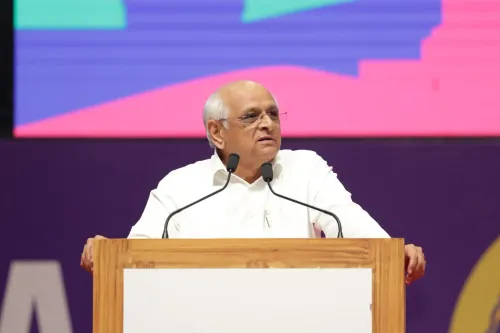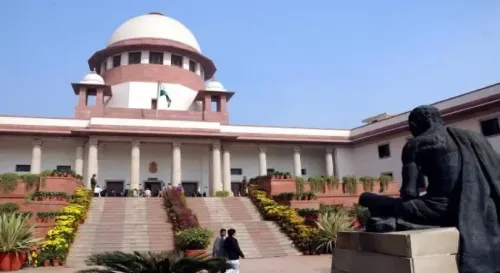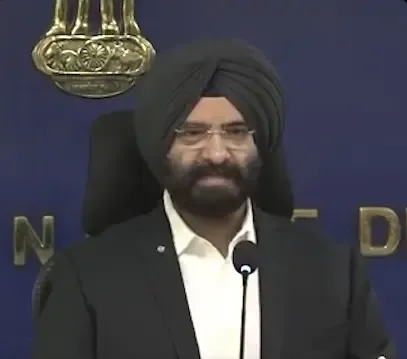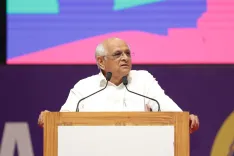Why Did the SC Refuse to Stay the Waqf Amendment Act?
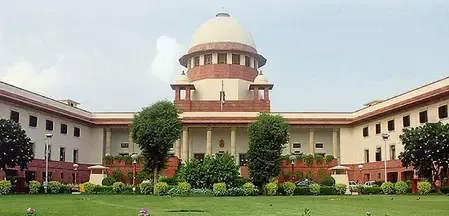
Synopsis
Key Takeaways
- The Supreme Court upheld the presumption of constitutionality for the Waqf (Amendment) Act, 2025.
- Specific provisions regarding property rights and membership were temporarily halted.
- The Act aims to regulate waqf properties and prevent their misuse.
- Challenges to the Act highlight ongoing debates about minority rights in India.
- The ruling emphasizes the importance of separation of powers in adjudicating property rights.
New Delhi, Sep 15 (NationPress) The Supreme Court has on Monday opted not to impose a stay on the Waqf (Amendment) Act, 2025 in its entirety, emphasizing that laws generally hold a presumption of constitutionality and should only be stayed in exceptional circumstances.
However, a Bench led by Chief Justice of India (CJI) B.R. Gavai and Justice A.G. Masih has put a halt to the provision that requires individuals to practice Islam for five years prior to creating a waqf until the pertinent rules are established. Additionally, the Bench has suspended the authority granted to a designated officer to resolve disputes regarding whether a waqf property has encroached upon governmental land, stating that an executive officer should not be involved in determining citizens' property rights, as this could infringe upon the principle of separation of powers.
“Until a tribunal adjudicates the matter, no third-party rights should be established against any involved parties,” the ruling specified.
In its interim ruling, the apex court mandated that state waqf boards must consist of no more than three non-Muslim members, while the Central Waqf Board is restricted to four non-Muslim members.
The Bench, led by CJI Gavai, also declined to stay the obligatory registration of waqf properties, pointing out that this requirement has been a part of previous laws.
A comprehensive copy of the ruling is pending upload on the apex court's website.
On May 22, the apex court listened to the perspectives of the petitioners and the Centre over three sessions before deciding on issuing a stay regarding the Waqf (Amendment) Act, 2025, which the Union government staunchly defends as a means to prevent the misuse of waqf properties and enhance transparency in their administration.
The validity of this contentious Act, which was enacted on April 5 with Presidential assent, has been challenged by several parties, including All India Majlis-e-Ittehadul Muslimeen (AIMIM) MP Asaduddin Owaisi and Congress MP Mohammad Jawed.
The petitioners argue that the amendment constitutes discrimination against Muslims.
This new legislation modifies the Waqf Act, 1995, aimed at regulating waqf properties, which are religious endowments or properties dedicated solely for religious or charitable purposes under Islamic law.
On April 17, a Bench presided over by then CJI Sanjiv Khanna decided against ordering a stay on the Waqf (Amendment) Act, 2025 after the Centre assured the apex court that specific provisions would not be enforced temporarily.


